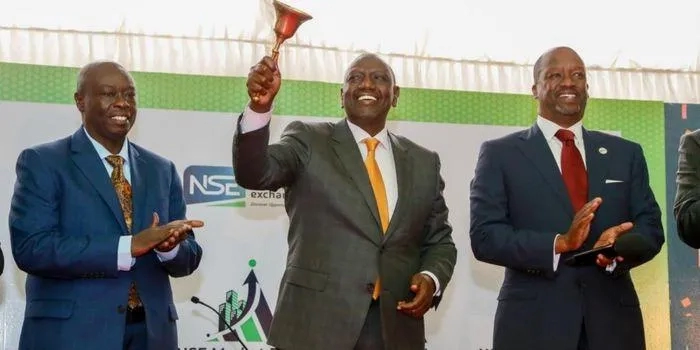In order to collect more than Ksh110 billion, President William Ruto’s administration has resorted to selling a portion of the government’s ownership shares in state enterprises.
According to the administration, the plan will be one of the short-term steps implemented to ease the economic crisis brought on, among other things, by public debt.
The projected privatization will aid in reducing government spending on struggling state enterprises by reducing the need for sporadic bailouts and indebtedness in addition to increasing revenue.
In September 2022, President Ruto announced his intention to stop borrowing money in favor of using the proceeds from privatization and the sale of the company’s stock to support development projects.
The administration suggested changes that would give the National Treasury more authority in choosing the destiny of state enterprises and influencing the process in an effort to speed up the privatization process.
When the measures are ratified, the National Assembly will no longer need to approve any privatization plans, and the privatization board will be reestablished.
When the measures are ratified, the National Assembly will no longer need to approve any privatization plans, and the privatization board will be reestablished.
The Privatization Bill’s proposal will instead create a six-member authority made up of a chairman chosen by the President, the Principal Secretary to the National Treasury, the Principal Secretary of the involved Ministry, the Managing Director of the authority being privatized, and four additional people chosen by the Cabinet Secretary.
The government claims that the bill was written to aid in getting rid of the bureaucracies that were impeding its efforts to privatize state enterprises and, as a result, impeding its ambitions to generate income.
In a previous meeting, Ruto declared, “I have established the Ministry of Trade so that we can look much more closely at our financial markets working with our State Owned Enterprises (SOEs) and determine which ones we can introduce for the public to be owners.”




